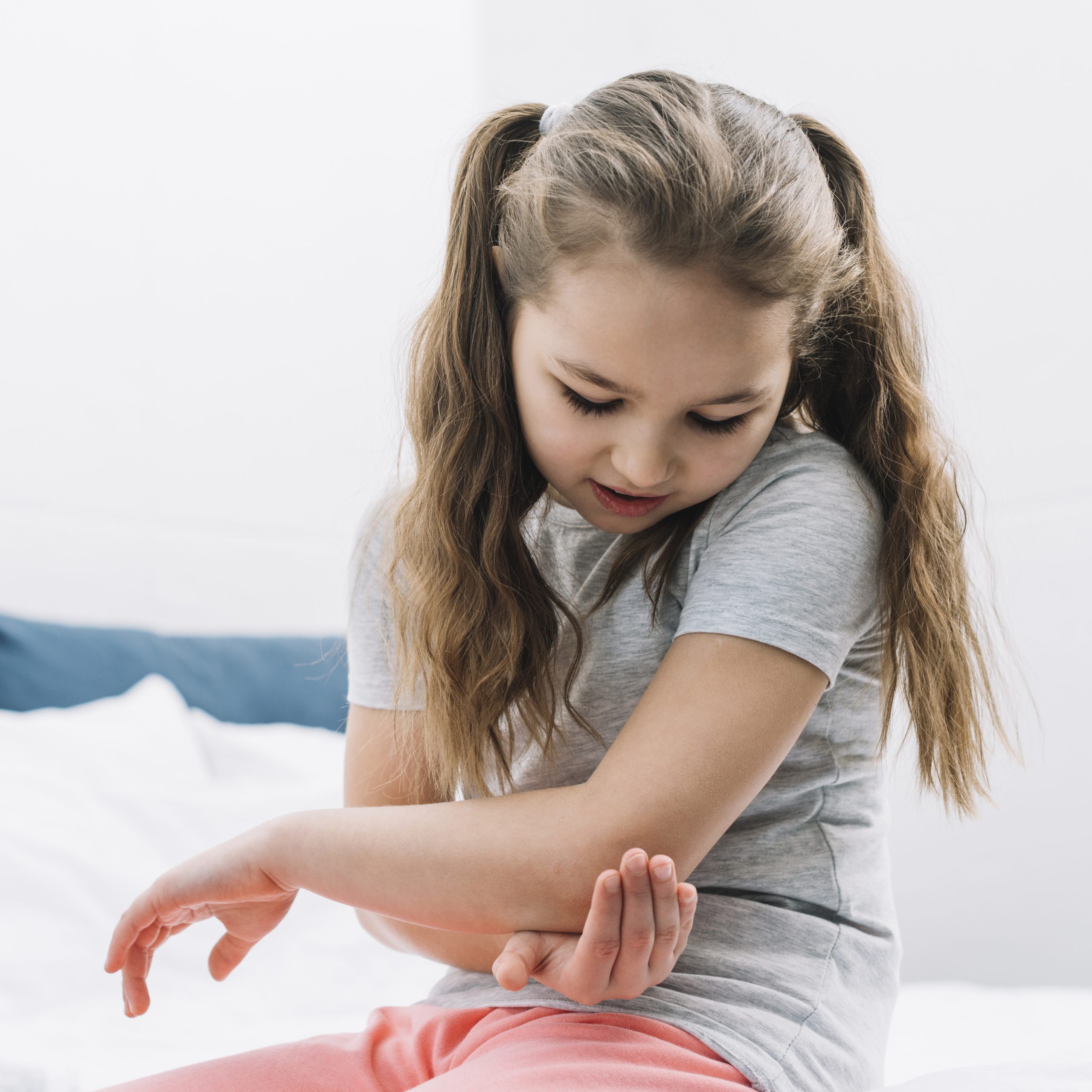

According to a new joint study published in Pediatric Research by Children’s National Research Institute and the National Institute of Allergy and Infectious Diseases (NIAID), the majority of parents of children diagnosed with Lyme disease reported that their children recovered within six months of completing antibiotic treatment.
The findings, which were based on Lyme disease treatment outcome data from 102 children in the United States, also found that a surprisingly small percentage of children required more than six months to recover and saw a severe impact on their daily functioning.
Lyme disease is the most common vector-borne disease in the United States, with the bacteria Borrelia burgdorferi causing the majority of cases, which are spread by the bites of infected black-legged or deer ticks. Children aged 5 to 9 years make up a sizable share of the approximately 476,000 Lyme disease cases diagnosed and treated in the United States each year. Lyme disease symptoms include fever, headache, exhaustion, and a unique skin rash known as erythema migrans.
If left untreated, the infection can spread to the joints, heart, and neurological system. In most Lyme disease cases, antibiotic treatment results in complete recovery. However, for some, symptoms such as discomfort, exhaustion, or difficulty thinking to linger or recur following antibiotic treatment.
Post-treatment Lyme disease (PTLD) syndrome is defined as symptoms that significantly restrict activity levels and negatively impair quality of life for more than six months after treatment.
This study looked at the long-term consequences of children with Lyme disease utilizing a cross-sectional approach using validated surveys. The survey was completed by the parents of 102 children aged 5 to 18 years who had been diagnosed with Lyme disease between six months and ten years prior to enrolment. Adolescents aged 10 to 18 were also asked to fill out adolescent-specific questions.
According to the parent survey results, 75% of children healed completely within six months after finishing treatment: 31% of the children recovered in one month, 30% in one to three months, and 14% in four to six months. Approximately 22% of the children in the research had at least one symptom that remained six months or more after therapy was completed; of those, 9% had symptoms defined as PTLD syndrome.
According to the authors, 6% of the children were not totally recovered at the time of the study, with 1% enduring symptoms severe enough to limit everyday functioning.
According to the authors, this study backs up prior findings that children with Lyme disease have a favorable overall prognosis, which may help lessen natural parental anxiety associated with persisting non-specific symptoms in infected children. They state that the study’s findings can assist doctors to manage families’ expectations about pediatric Lyme disease patients’ variable post-treatment recovery timeframes.
According to the researchers, this new data could help lessen the likelihood of families seeking risky alternative therapy for children who have protracted recovery durations. According to scientists, PTLD syndrome is still poorly known in children and adults, and further study is needed to better understand these protracted symptoms and discover therapy targets.
more recommended stories
 Statins Rarely Cause Side Effects, Large Trials Show
Statins Rarely Cause Side Effects, Large Trials ShowKey Points at a Glance Large.
 Anxiety Reduction and Emotional Support on Social Media
Anxiety Reduction and Emotional Support on Social MediaKey Summary Anxiety commonly begins in.
 Liquid Biopsy Measures Epigenetic Instability in Cancer
Liquid Biopsy Measures Epigenetic Instability in CancerKey Takeaways Johns Hopkins researchers developed.
 Human Antibody Drug Response Prediction Gets an Upgrade
Human Antibody Drug Response Prediction Gets an UpgradeKey Takeaways A new humanized antibody.
 Pancreatic Cancer Research: Triple-Drug Therapy Success
Pancreatic Cancer Research: Triple-Drug Therapy SuccessKey Summary Spanish researchers report complete.
 Immune Cell Epigenome Links Genetics and Life Experience
Immune Cell Epigenome Links Genetics and Life ExperienceKey Takeaway Summary Immune cell responses.
 Dietary Melatonin Linked to Depression Risk: New Study
Dietary Melatonin Linked to Depression Risk: New StudyKey Summary Cross-sectional analysis of 8,320.
 Chronic Pain Linked to CGIC Brain Circuit, Study Finds
Chronic Pain Linked to CGIC Brain Circuit, Study FindsKey Takeaways University of Colorado Boulder.
 New Insights Into Immune-Driven Heart Failure Progression
New Insights Into Immune-Driven Heart Failure ProgressionKey Highlights (Quick Summary) Progressive Heart.
 Microplastic Exposure and Parkinson’s Disease Risk
Microplastic Exposure and Parkinson’s Disease RiskKey Takeaways Microplastics and nanoplastics (MPs/NPs).

Leave a Comment